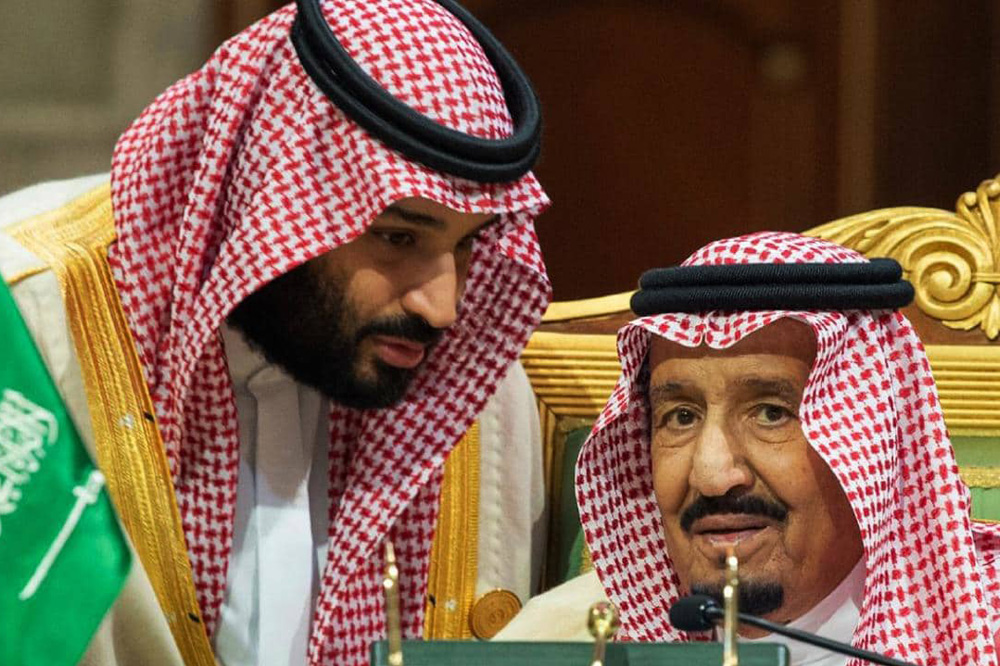
At the end of last month, Saudi Arabia shared the results of its 15-month-long anti-corruption probe: the Saudi Royal Court announced that the country has retrieved more than 400 billion Saudi riyals, about $106 billion, to the state treasury. This month, Saudi Arabia made another landmark announcement, this time revealing the launch of an office to monitor state spending and continue the Kingdom’s efforts in curbing corruption.
According to Saudi Press Agency, this financial reporting office will be part of the Kingdom’s General Auditing Bureau, which monitors and reports financial discrepancies. As explained by public prosecutor Saud Al Mojeb, “Corruption is not restricted to a specific company or government sector. The concerned authorities will be monitoring,” adding that public prosecutors would handle any investigations.
In 2017, following the ascension of Crown Prince Mohammed Bin Salman to his role, Saudi Arabia embarked on an anti-corruption crackdown that swept up a number of the Kingdom’s royals and businessmen. As highlighted by a recent BBC report, the Crown Prince said in November last year that Saudi Arabia had "suffered a lot from corruption" since the 1980s and that experts had calculated that "roughly 10% of all government spending was siphoned off by corruption each year, from the top levels to the bottom.”
“My father saw that there is no way we can stay in the G20 and grow with this level of corruption,” he was quoted telling New York Times.
The committee that was set up by the Crown Prince submitted its report in January to Saudi Arabia’s King Salman, saying that its work is now complete and asking for the King’s permission to end operations. King Salman agreed, and thanked the committee and the Crown Prince for their efforts, while also pledging that Saudi Arabia would “continue its efforts to preserve integrity, combat corruption, and empower law enforcement and other relevant state bodies so that they are able to effectively practice their role in preserving public funds.”

















